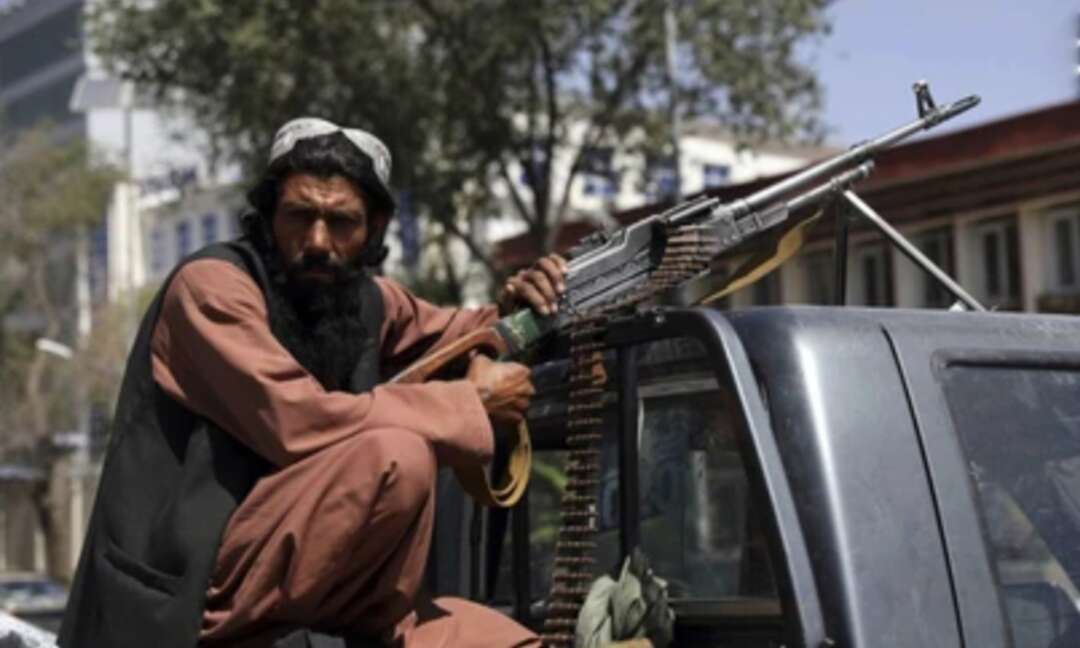-
Taliban announces executions and amputations will resume in Afghanistan

The BBC reported, the Taliban's notorious former head of religious police has said extreme punishments such as executions and amputations will resume in Afghanistan.
Mullah Nooruddin Turabi, now in charge of prisons, told AP News amputations were "necessary for security".
He said these punishments may not be meted out in public, as they were under previous Taliban rule in the 1990s.
But he dismissed outrage over their past public executions: "No-one will tell us what our laws should be."
Since taking power in Afghanistan on 15 August the Taliban have been promising a milder form of rule than in their previous tenure.
But there have already been several reports of human rights abuses carried out across the country.

On Thursday, Human Rights Watch warned that the Taliban in Herat were "searching out high-profile women, denying women freedom of movement outside their homes
And in August, Amnesty International said that Taliban fighters were behind the massacre of nine members of the persecuted Hazara minority.
Read more: Afghan activist says Taliban have no choice but to listen to women
Amnesty's Secretary-General Agnès Callamard said at the time that the "cold-blooded brutality" of the killings was "a reminder of the Taliban's past record, and a horrifying indicator of what Taliban rule may bring".
Days before the Taliban took control of Kabul, a Taliban judge in Balkh, Haji Badruddin, told the BBC's Secunder Kermani that he supported the group's harsh and literal interpretation of Islamic religious law.
"In our Sharia it's clear, for those who have sex and are unmarried, whether it's a girl or a boy, the punishment is 100 lashes in public," Badruddin said. "But for anyone who's married, they have to be stoned to death... For those who steal: if it's proved, then his hand should be cut off."
These hardline views are in tune with some ultra-conservative Afghans.
Read more: Firefighters retreat as Cumbre Vieja volcano intensifies
However, the group are now balancing this desire to appeal to their conservative base with a need to form connections with the international community - and since coming into power, the Taliban have tried to present a more restrained image of themselves.
Turabi, notorious for his harsh punishments for people caught listening to non-religious music or trimming their beards in the 1990s, told AP that although harsh forms of punishment would continue, the group would now allow televisions, mobile phones, photos and videos.
Turabi - who is on a UN sanctions list for his past actions - said the Taliban's cabinet ministers were now discussing whether or not punishments should be public, and that they would "develop a policy".
Back in the 1990s, executions were held in public in Kabul's sports stadium, or on the vast grounds of the Eid Gah mosque.
At the time Turabi was justice minister and head of the Ministry of Propagation of Virtue and Prevention of Vice - the Taliban's religious police.
Read more: UK government works on temporary visas for foreign lorry drivers to work in UK
"Everyone criticised us for the punishments in the stadium, but we have never said anything about their laws and punishments," he said in the latest interview.
Earlier this week, the Taliban also requested to speak at the UN General Assembly, which is being held in New York City.
German Foreign Minister Heiko Maas said that while it was important to communicate with the Taliban, "the UN General Assembly is not the appropriate venue for that".
The US, which sits on the credentialing committee, also said it would not make a decision before the end of the summit next week.
Source: BBC
You May Also Like
Popular Posts
Caricature
opinion
Report
ads
Newsletter
Subscribe to our mailing list to get the new updates!






















